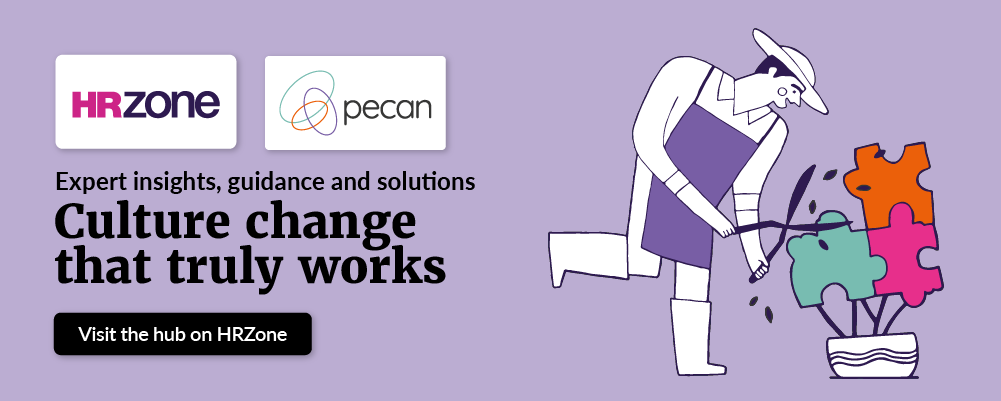Are you affected by the UK riots?
At the time of writing, rioting is spiralling towards national emergency. So far, 400 people have been arrested, an extra 2,200 riot trained police officers have been deployed and we’re expecting further riots in 36 towns and cities in the next couple of days.
Terrifying footage has been released of violent mobs attacking police, firebombing public buildings, looting shops and using battering rams to break into hotels housing asylum seekers.
How we got here is dreadful: the horrific stabbings and deaths of three children at a dance class in Southport, followed by misinformation about the perpetrator, which in turn has fuelled far right violent disorder and Islamophobia. Many people in our country will be feeling very fearful right now. Others will be feeling angry, let down and questioning if, how and when this can ever be resolved.
How might we, as responsible employers and leaders, respond to this situation? (If indeed, we feel we have a responsibility to act in the first place.)
This situation is VUCA (volatile, uncertain, complex and ambiguous) and as such there is no established playbook. Each organisation and individual must reflect and make their own choices on if, what and how they act. In this context, I will be mostly posing questions to help the process.
Check yourself out
The first place to start is to reflect on how you feel, if and how this is impacting you or those around you, and what might you be able to do. How are you affected? What thoughts and feelings are you having? What decisions are you contemplating?
It is important to check ourselves out before we make a move. If we act without emotional intelligence, we are likely to make incorrect assumptions, snap judgements based on partial information, which leads to poor decisions and flawed actions.
With all the goodwill in the world we may end up making things worse.
Safety first
In any crisis, think safety first. Think about your employees, customers and stakeholders and what might be going on for them, given their ethnicity, faith and family. Is anyone potentially in physical danger, due to place of work, where they live or their travel in simply going about their business?
Do you need to change ways of working given the current situation?
How can you set things up to minimise any risks?
Values and behaviours
How can your organisational values and behaviour frameworks help guide in this situation? For example, you may have values such as teamwork, inclusivity, safety or similar, which are directly relevant now.
Times of crisis are often when you find out what your values are worth – Disruptive moments are the acid test for how real and embedded they are. Employees frequently cite examples of how values were truly lived in a crisis and how that deepened trust and engagement.
At this time, what can you do to demonstrate that your values are the DNA of your culture?
Do you have health and safety policies and procedures for this type of situation? These should provide a framework for decision making and action.
Mental health
For some, recent events will have been traumatic. They may have had friends or family members who have been threatened, chased or injured. Their world view may have been altered, their trust in people may have been shattered, what they believed to be true all their life no longer is. These are deep psychological challenges and must be approached with skill and sensitivity.
How can you foster a psychologically safe environment to ensure that those affected feel comfortable to say they’re struggling? How can you then support these individuals with their mental health at this time?
There are excellent resources available for developing and accrediting mental health first aiders in the workplace. These provide well-researched, evidence-based tools and skills to build confidence and capability to a certain level.
Many leaders are qualified coaches, able through skilled questioning and active listening to create safe spaces where people feel it’s okay to open up. For some this alone will be of enormous help. Others may need more specialist support where the NHS should be involved.
This too shall pass
The current situation will not last forever.
At some point it will be in the rear-view mirror.
In the meantime, we should turn up the volume on curiosity, empathy and kindness. There’s no playbook for this, but we can lean on our values, emotional intelligence, peers and external resources to guide us through.







